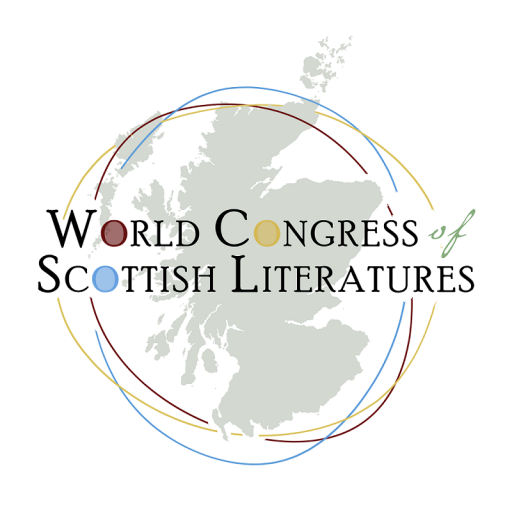‘Donald MacKechnie’s Rannan o ’n Rubaiyat aig Omar Khayyam (‘Verses from The Rubaiyat of Omar Khayyam’)’
A native of Jura, Argyll, Donald MacKechnie (Dòmhnall MacEacharna) (1836-1908) spent most of his life in Edinburgh. A close friend of Donald MacKinnon, the first Professor of Celtic at the University of Edinburgh, MacKechnie was part of an influential circle of Edinburgh Gaels which included MacKinnon, the folklorist Alexander Carmichael, Alexander Nicolson, renowned for his important collection of Gaelic proverbs, and Neil MacLeod, amongst the most popular Gaelic poets of the late nineteenth century. Am Fear-Ciùil, a collection of Mackechnie’s poetry and prose, was published in 1904, with a second edition published in 1910 and a third in 1940. MacKechnie’s prose is of particular importance. In it, Professor Donald Meek has noted, can be detected the “birth-pangs of twentieth-century scepticism and existentialism”, as well as the impact of Charles Darwin’s ideas on human evolution.
In addition to his own poetry, Am Fear-Ciùil contained a small number of translations, including a translation of verses from Omar Khayyam’s ‘Rubaiyat’; Khayyam was also the subject of one of MacKechnie’s essays. Following Edward FitzGerald’s translation of verses from the Rubaiyat in 1859, the texts became extremely popular in Britain—thanks in part to Whitley Stokes, the Irish lawyer and renowned Celticist—with five editions of FitsGerald’s translations appearing by 1889, and numerous other editions emerging in the final decade of the nineteenth century and the early decades of the twentieth. In this presentation, MacKechnie’s transation will be examined in the context of his other poetry and prose, other translations of oriental literature (such as the Rev. John MacRury’s translation of stories from the ‘Arabian Nights’) and other literature into Gaelic by MacKechnie’s contemporaries, and the wider interest in such literature in Scotland and in Britain and the English-speaking world at this time, with a view to developing a better understanding of MacKechnie and of Gaelic literary production and culture in the late Victorian and Edwardian period and beyond.
Robert Dunbar, University of Edinburgh, Scotland
